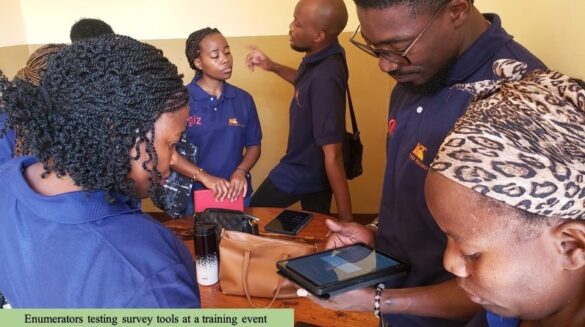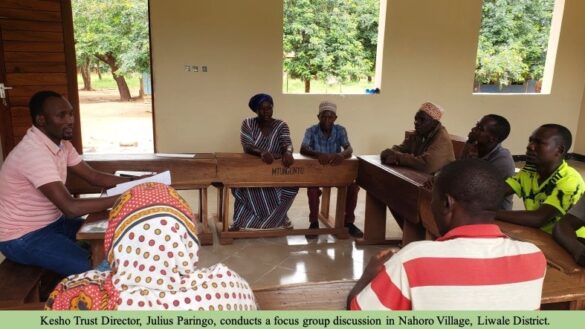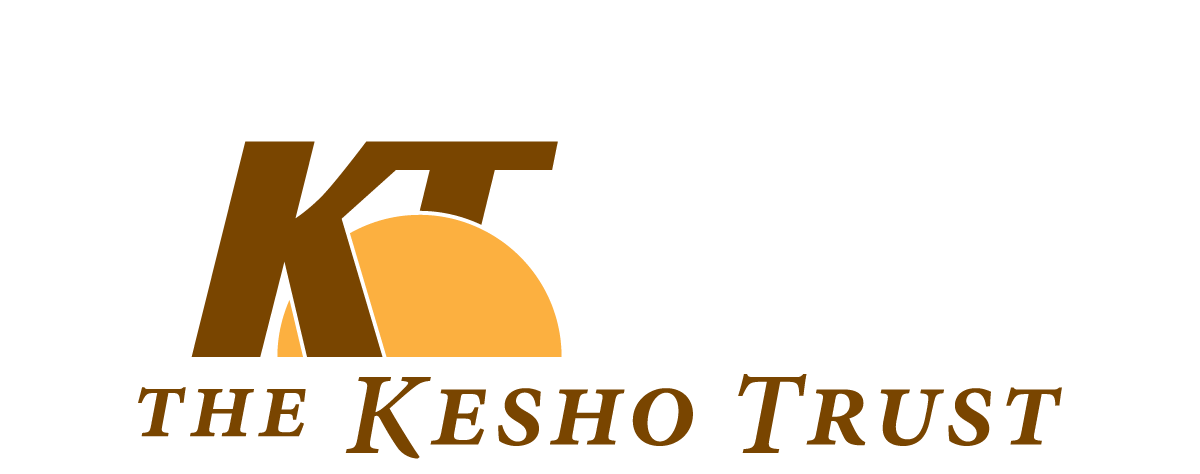The Tanzania Government launched a National Human – Wildlife Conflict Management Strategy 2020-2024 (NHWCMS) as among the efforts to alleviate human – wildlife conflicts. Among others, the strategy outlines the methods to minimize human – wildlife conflicts and increase the social acceptance and coexistence of people and wildlife. To achieve significant positive results in the implementation of the NHWCMS, the Ministry of Natural Resources and Tourism (MNRT) partnered with the Deutsche Gesellschaft für Internationale Zusammenarbeit (GIZ) in the joint cooperation project “Mitigation of Human – Wildlife Conflicts in Tanzania” which sought to improve the management of human – wildlife conflict by key actors in Tanzania.
GIZ commissioned Kesho Trust to conduct the baseline assessment of the Human – Wildlife Conflict Mitigation Project in the Ruvuma Landscape: Namtumbo and Tunduru Districts (Ruvuma Region) and Liwale District (Lindi Region).
Objectives and Activities
The assessment was aimed at establishing the baseline data. Specifically; the Kesho Trust was tasked to:
- conduct the organizational capacity assessment of the Wildlife Division of the MNRT and its sub-national institutions and target villages especially on their capacities to implement the NHWCMS, one of the measures aimed at alleviating human – wildlife conflicts in the country
- conduct the Community situational analysis for Human – Wildlife Conflicts (HWCs) in 30 hotspot villages and 9 control villages of the Districts of Tunduru, Namtumbo and Liwale.
The Kesho Trust compiled and presented four (4) reports to GIZ and MNRT, namely:
- Organizational Capacity Assessment Report
- Organizational Capacity Development Plan
- Socio-economic Analysis Report
- Human – Wildlife Conflicts Situational Analysis Report


